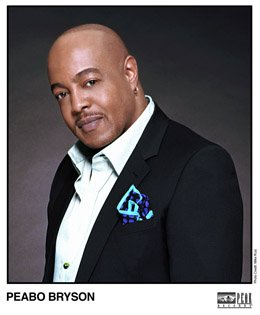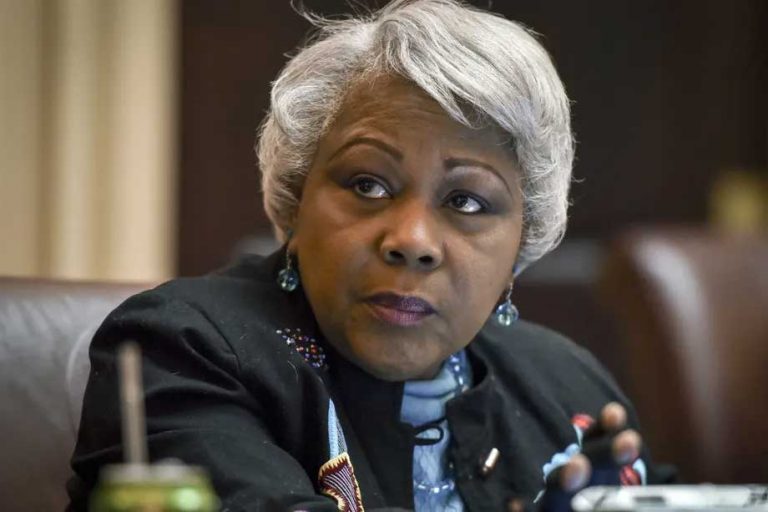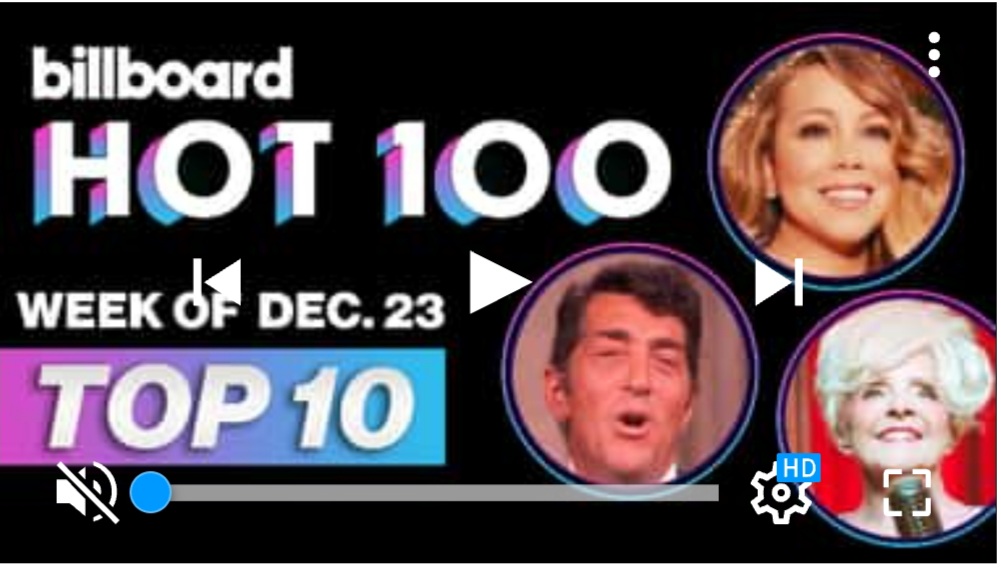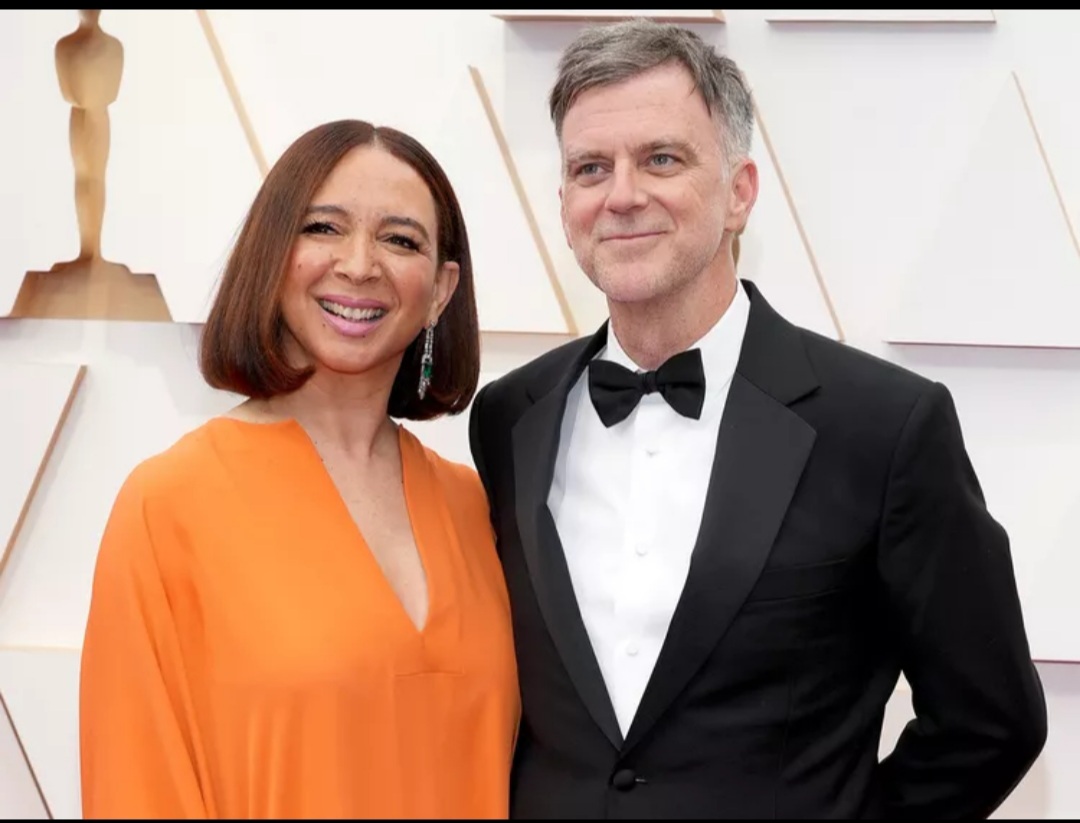
by Associate Editor Michael P. Coleman
Whether you’re enjoying the great love of your life, lamenting a passion grown cold, or dreaming of a romance to come, you can find something to relate to in the music of Grammy winner Peabo Bryson. His many hits include “Reaching For The Sky”, “Feel The Fire”, “Let The Feeling Flow”, “Tonight, I Celebrate My Love” (with Roberta Flack), and the #1 smash “If Ever You’re In My Arms Again” – and that was just the first decade!
The 1990s brought Bryson even wider acclaim, as his partnerships with Disney introduced him to an international audience and became the two most successful Disney singles ever (“Beauty & the Beast” and Aladdin‘s “A Whole New World” with Regina Belle). Around the same time, Bryson became an inaugural performer in The Colors Of Christmas, a must-experience holiday show that tours the country and has become an annual tradition at the San Francisco Symphony.
I caught up with Bryson recently, before he headed to Japan for a series of concerts, and I found him to be thoughtful, funny, and very articulate. At the same time, he was relaxed, approachable and down-to-earth, sharing anecdotes from his impressive career and stories of working with his various duet partners. He also shared his thoughts on the “illusion of celebrity”, the vocal shortcomings of many of today’s music artists, thoughts on the late Whitney Houston and Rick James, and why classical music legend Jose Carreras doesn’t speak to him anymore!
You’ve worked with some of the most accomplished vocalists in the business. You’ve said that Celine Dion was one of the most “exquisite” female artists you’ve worked with. Did Disney approach the two of you?
This name is going to come up a lot: Jay Landers. He was in the A&R department at Columbia. I thought he WAS the A&R department – he was the guy who was really getting the job done. Jay’d had the opportunity to actually see “Beauty and the Beast” before it was finished. He thought it was terrific and asked whether there was any music associated with it, and the rest is history. Prior to that, in one of our meetings, while he was trying to find songs for my upcoming project, he asked me whether I’d be interested in singing with Celine Dion and I jumped at the chance. There was no plan at the time, no song to sing, just my interest in working with her. He asked her, and she was as excited about the prospect as I was. Then the song came along, and it was clear that it was something that was just meant to be.
And the results speak to that…
Well, 28 million copies later (laughs)…it’s probably a lot more than that now.
“Beauty & the Beast” took your career into the stratosphere. You were already a star, but…
Well, up until that point I’d had several other hits, but nothing like THAT. It’s something that lasts a lifetime. It resurfaces every two or three years, and it turns out that both “Beauty & the Beast” and the follow-up, “A Whole New World” (from Aladdin) are the two biggest selling Disney singles of all time.
Given the recording industry’s propensity for replication, it would seem to me that with the success of you and Celine on Beauty & The Beast, Disney would have wanted to see whether they could get lightning to strike twice. Why’d they go with Regina Belle with the follow-up?.
Well, oddly enough Disney DOESN’T repeat. They like to start fresh every time. But this was an Alan Menken / Tim Rice song, so it was going to be challenging to sing. Celine was doing other things and I don’t think Rene [her husband and manager] was all that excited about doing another one. The song required someone who could really handle a vocal. What Regina Belle is really good at – and this is from her training at Rutgers – is making something that’s difficult seem very simple. She makes difficult songs sound very easy.
I should have asked the opposite question: if Disney doesn’t like to repeat themselves, why’d they choose you to do the follow-up?
Well, again, it takes a certain kind of chemistry and a certain level of vocal talent. Someone’s name alone won’t get the job done. It’s to the point of what’s happening today in music. People have the name, but they don’t necessarily have the voice. I don’t want to disrespect anybody by calling any names, but you know who they are. There are female artists who will never be what their bio says they are. They may be cute, beautiful, and maybe have some talent, but they’ll never be able to live up to what their image is. You have guys today [in the industry] who are very much the same way. Music today is more slight of hand than it is anything else.
One vocalist who lives up to her bio, in my opinion, is Chaka Khan. You did a brilliant cover of her “Through The Fire”.
Thank you. It’s funny…to me, that song would be in my top ten songs ever written. EVER. We almost didn’t get it done. [Producer] David Foster wasn’t completely happy with what Chaka had done with the original, so he wanted me to cover it. We wound up having to record it in David’s basement, because he was scheduled to work with Barbra Streisand at the time and he didn’t want to book studio time in LA and risk her learning about it! The power of a diva! [Laughs]
Your first #1 hit, “If Ever You’re In My Arms Again” was produced by Michael Masser, who’s recorded classics with everyone from Diana Ross to Dionne Warwick. What was working with him like?
Michael’s a perfectionist, and that’s an understatement! He had me sing that song 23 times. 23 times! And he doesn’t like a lot of improvisation, a lot of ad libs. He wants you to stick to the melody exactly as it’s been written. After 23 times, I finally told him that I couldn’t possibly sing it one more time! He of course went on to masterfully produce several songs on Whitney [Houston].
Speaking of Whitney, I’m surprised Arista Records didn’t sign you at some point. Did you ever contemplate working with Clive Davis?
We had a meeting, and there was a general consensus when I left the meeting that I was going to sign with Arista.
Did you want to work with Whitney?
Who wouldn’t have wanted to work with Whitney Houston? She was one of the greatest vocalists ever. But I wound up going with Columbia instead.
That wasn’t a bad move. The early 90s…was that the Can You Stop The Rain? album?
Yes it was…yeah. That wasn’t the worse move anyone ever made! The thing with “Can You Stop The Rain?” was that it was originally not meant for me, but for a female vocalist who was at the label at the time. Again, Jay Landers played it for me and asked my opinion of it, whether I thought it was a good song for her. I told him “Yeah, but I think it’s a GREAT song for me! Can I sing that?” [Laughs]
Who was that female artist?
I won’t tell you, because I did steal it!
“You’ve said “I’d sing with Roberta Flack in a taxi if you called me and told me she’d be in it.” The live album you did with her in the early 80s was brilliant.
Thank you. My affection for Roberta goes back to when she would seek me out to do anything with me. I mean, I was no one, and she was adamant about seeking me out. She’s a nurturer, a teacher by nature. After twenty minutes with Roberta in a room, you feel like you can conquer the world. She’s one of the most inspiring human beings I’ve ever been around. She’s very bright and extremely well read. Well lived, well travelled…everything. She’s so interesting in so many different ways.
The duet album you recorded with Natalie Cole was recorded in two separate studios. Since you were both signed to Capital at the time, it should have been easy for the two of you to get together. Why didn’t you?
It was a difficult time for Natalie in general, in her life. That had a lot to do with it. She’s become a really, really good friend. She’s another one of those gracious people who didn’t have to pair up with me at all. She was open to that, and for that I’ll forever be grateful. I learned how to sing a duet from Roberta, but what I took away from my experience with Natalie Cole, which was my first duet experience, is that you have to fall a little bit in love with your duet partner to do a duet. Natalie’s very easy to fall in love with.
Do you think there’s any chance of you and Natalie working together again?
She’s another one of those people who I’d sing in a phone booth with. She’s just very special to me, and she always has been. When she wrote her book – in which she was extremely candid and frank about a great number of things, perhaps a bit more candid than she should have been – she paid me one of the greatest compliments anyone had ever paid me. She said that of all the people she’d ever met, and through all of the troubles of her life, there were only two people that she considered true friends. I was one of them. I adore her, I always have.
What was working with Sandi Patty like?
She’s an amazing, amazing talent, and she’s gracious in how she gives and receives. She’s like Roberta in that regard. She’s a really good person, and really really talented…and [classical music legend] Jose Carreras doesn’t speak to me anymore because he wanted to do the Hallmark Christmas album with her. It came down to him or me, and Hallmark & Sandi picked me. When I ran into him in Seattle afterward, I spoke to him and he didn’t speak back.
Well, Jose Carreras is no joke vocally, so that story says a lot about your talent.
Yeah, you’re right. The insult turns out to be quite a compliment, doesn’t it? It depends on how you look at it.
You’re one of those artists who, as good as you were in the 70s and 80s, your voice seems to have actually gotten stronger with time. Did you have any formal vocal training after your professional career took off?
It’s funny you should ask that, because that’s exactly what took place. I remember sitting in a meeting at Capital Records, after the first album had been such a success, and talking about what my image should be moving forward. I sat in a room and listened for about 45 minutes, and then I made a suggestion. I said “Why don’t I just be myself?” That way, I thought, I wouldn’t have anything to aspire to that’s unattainable. [Laughs] I told them that the first thing I wanted to do was study voice. They asked whether I wanted to be an operatic singer. I had to tell them that studying voice didn’t mean becoming an opera singer. It’s all about breathing properly and learning technique. I got with a guy who’s no longer here, Denny Clark, who was brilliant. He gave me the tools to put my voice into position to sing anywhere, anytime. And I think I truly did get better. I’m probably better now in interpreting songs than perhaps I’ve ever been. I have an overdrive gear that I can actually go to that I’m not afraid to use.
You recently tweeted “Every person on the planet is famous to someone. But be reminded that fame is just perception. It’s not real.” The humility of that statement was surprising, particularly from someone SO very famous. Did you always have that wisdom, or did that come to you after fame took over?
To be completely honest with you…when I was eleven years old, I scored around 170 the first time I took an IQ test. They made me take it three more times, and each time I scored a little higher. I grew up in “the sacred feminine”, which is a house that was really ruled by women, but they allowed a man to be the head because at the time, black men couldn’t rule anywhere else. At the time, back men couldn’t even look in certain directions, or look other people in the face, for fear of repercussions. Women allowed these men to rule over them at home, but if you were paying attention you realized who was really in charge. Growing up, if I had difficultly or got in some kind of trouble, I didn’t call the men in my house, not my grandfather or my uncles. I called my grandmother, because she was the one who could get it done. [Laughs] My grandmother and others who raised me were brilliant in terms of common sense. Every day, wisdom was being imparted on me. So by the time I was 15 years old, I was really old. I had friends who were probably sixty or seventy.
Really?
Michael…you don’t get to be really old by being stupid! [Laughs] You don’t! Why would I have wanted to talk to a fifteen year old or a twenty year old? About what? [Laughs]
So true! One of my kids told me once that her friend, who was 23 years old, had a crush on me. I told her “Honey, I didn’t want to talk to a 23 year old when I WAS 23!
Exactly! I had to go through the same thing with my daughter’s friends. Look, Mike, fame’s not a bad thing. I’m not going to lie…I don’t mind being able to jump to the front of a line every once in awhile [laughs], but if you get caught up in this “fame” thing and start believing your own press, you’re pretty much done. And I’m in a profession that affords me access to intimacy with people on a far different level than most people ever get to. At some point, you realize that none of it’s real, and you could do some real damage, to yourself and others, with this thing that we call “fame”. I had to figure out what MY responsibility in all of it was. There’s power in this profession. Let me ask YOU a question: what might have happened if Rick James HADN’T said “let’s fire it up!”? Look at the good he could have done. Music’s a very powerful tool if it’s used right. As a man of color, I’m old enough to remember when we used the word “black” when we saw each other. James Brown taught us – perhaps even more so than Martin Luther King – that we should be proud to be black, and the darker we were, the better we were. And he taught us that through SONG: “Say it loud: I’m black and I’m proud.”
Of your recordings, which is the one that makes you the most proud?
There’s a song called “Hold On To The World” from the Reaching For The Sky album that I still listen to. “There’s No Getting Over You” [from his Straight From The Heart album] is another, which talks about that moment when you realize that you’re involved with something that you’re never, ever, ever going to get past. That’s a tough moment, and I don’t mind approaching the tough moments with a fervor.
Tell us about the project you’re working on.
Well, it’s in line with what I do, what I’ve always done. I never did hook-ups. I do romance. So this new project is still going to be talking about love and romance. I want to do an album of some of my favorite songs. I’ll be doing great songs, from every era. I’ll cover a little Simply Red! I’ll do Sade’s “King Of Sorrow”. It’s a song that we perform live, and I’ve performed it a couple of times with Earl Klugh, but haven’t recorded it, yet. I’d like to remind people about what real music is – not image, but REAL music and REAL singing.
Look for Peabo’s new project later this year, and keep up with him at peabobryson.net or @PeaboBryson2.
Keep up with Michael P. Coleman at michaelpcoleman.com or @ColemanMichaelP.





